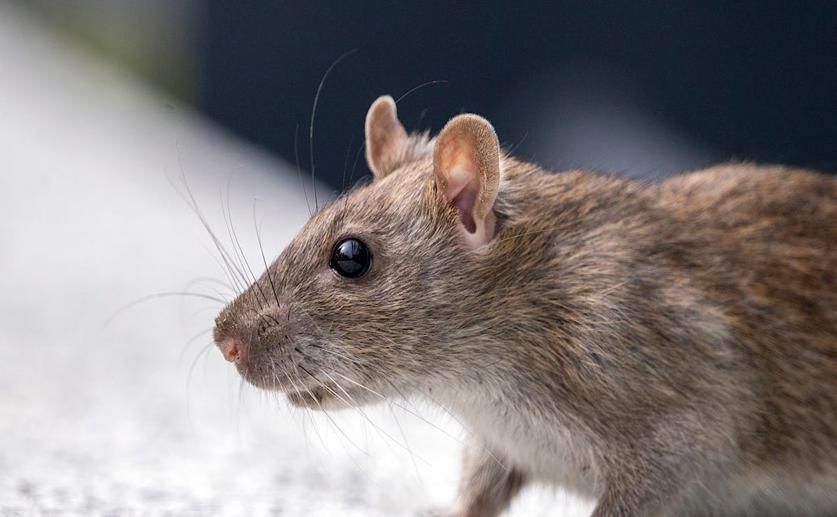
Ginger Root Wash Reduces Inflammation and Scarring After Surgery in Rats
Greg Howard
14th May, 2024

Image Source: Denitsa Kireva (photographer)
Key Findings
- Researchers at Mashhad University found ginger compounds can prevent internal scar tissue after abdominal surgery
- Ginger extract and gingerol improved wound healing and reduced scar tissue in rats
- The study suggests ginger could be a non-pharmaceutical option to improve surgical recovery
References
Main Study
1) Intra-peritoneal lavage of Zingiber officinale rhizome and its active constituent gingerol impede inflammation, angiogenesis, and fibrosis following post-operative peritoneal adhesion in male rats.
Published 13th May, 2024
https://doi.org/10.1016/j.jsps.2024.102092
Related Studies
2) Evaluation of the effects of Iranian propolis on the severity of post operational-induced peritoneal adhesion in rats.
3) Does VEGF facilitate local tumor growth and spread into the abdominal cavity by suppressing endothelial cell adhesion, thus increasing vascular peritoneal permeability followed by ascites production in ovarian cancer?
4) Prediction of pelvic adhesions at repeat cesarean delivery through assessment of striae gravidarum score: A cross-sectional study.



 20th April, 2024 | Greg Howard
20th April, 2024 | Greg Howard